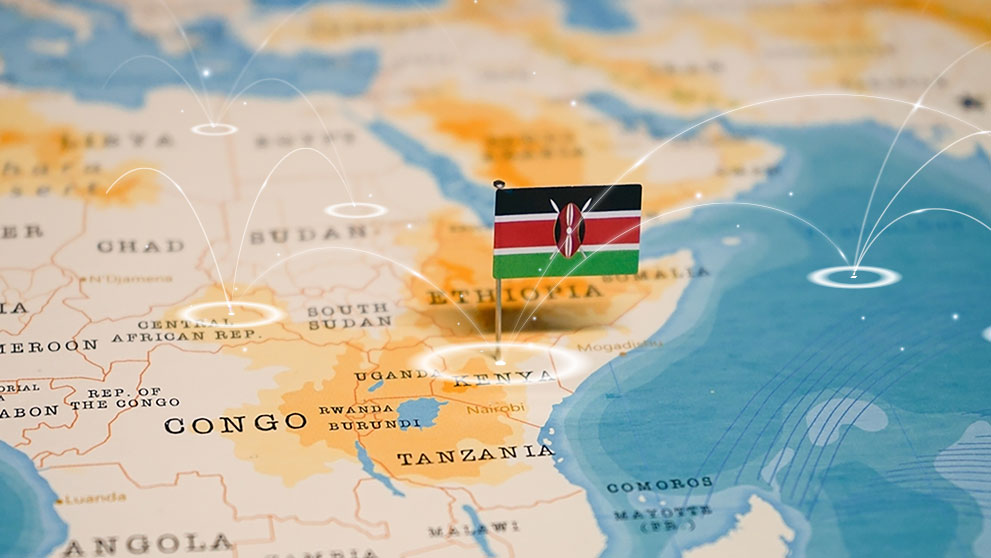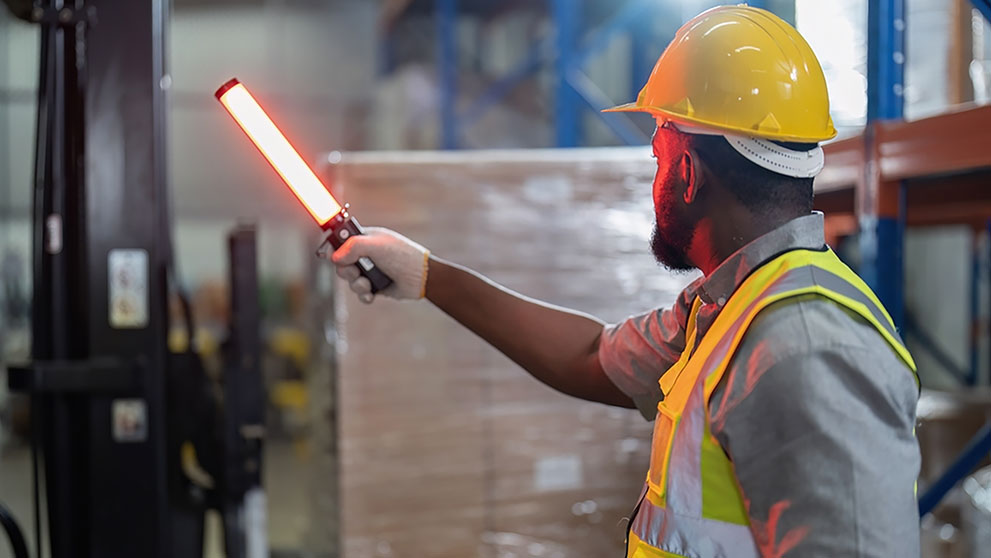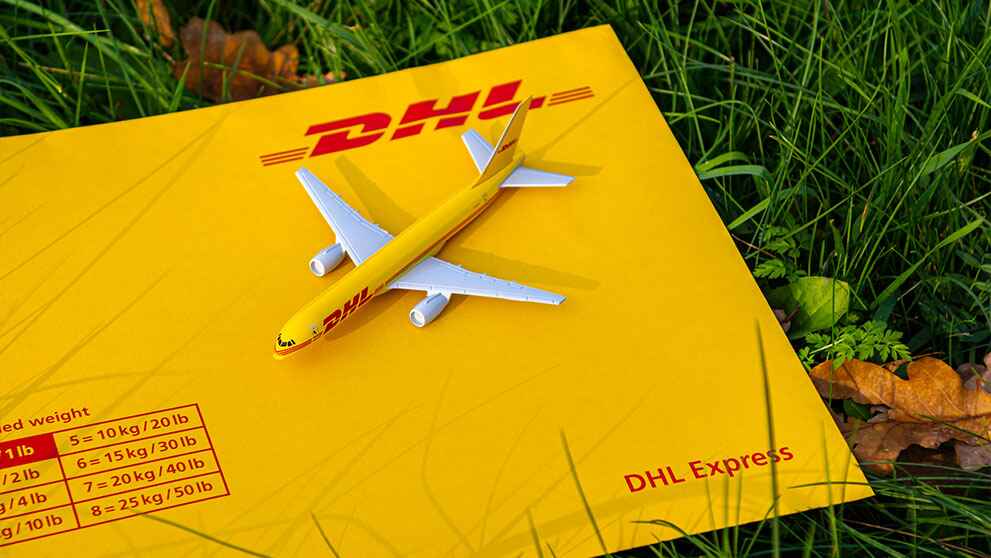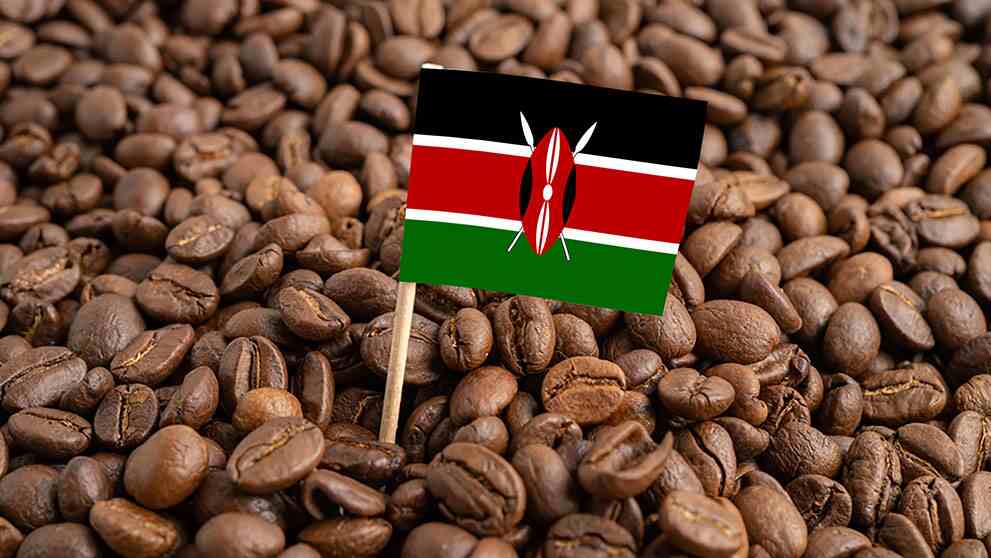Are you ready to tap into Kenya's thriving import market, but unsure where to begin? This guide will walk you through the process and provide everything you need to get started.
Importing is big business in Kenya. As the leading import destination in East Africa, the country welcomed over $21 billion worth of goods in 2022 alone. With imports set to rise, now is the perfect time to join the market.
But first, let’s understand the basics.
Know who sells what: Kenya’s top 10 import partners
- China: As Kenya’s largest trading partner, China supplies a wide range of goods to the Kenyan market, including machinery, electronics, textiles, and consumer goods.
- India: India is a significant importer to Kenya, providing essential commodities such as pharmaceuticals, machinery, chemicals, and textiles.
- United Arab Emirates (UAE): The UAE serves as a major source of petroleum products, machinery, electronics, and luxury goods for Kenya.
- Saudi Arabia: Kenya imports petroleum products, chemicals, plastics, and construction materials from Saudi Arabia to support various industries.
- Japan: Japanese imports to Kenya include vehicles, electronics, machinery, and equipment, contributing to the country’s automotive and manufacturing sectors.
- United States: The United States exports a diverse range of products to Kenya, including machinery, electronics, agricultural products, and medical equipment.
- South Africa: South Africa supplies Kenya with vehicles, iron and steel products, machinery, and chemicals, supporting bilateral trade between the two countries.
- United Kingdom (UK): The UK exports pharmaceuticals, vehicles, machinery, and electronics to Kenya, maintaining strong economic ties with the East African nation.
- Germany: German imports to Kenya include machinery, vehicles, electronics, and industrial equipment, supporting various sectors of the Kenyan economy.
- South Korea: South Korea supplies Kenya with electronics, vehicles, machinery, and chemicals, contributing to the country’s technological advancement and industrial development.
Kenya's Most Sought-After Imports
According to Kenya’s import data, petroleum products are the country’s most imported items. Others include:
Machinery and Equipment
Electronics
Vehicles and Automotive Parts
Pharmaceuticals and Medical Supplies
Iron and Steel
Plastics and Plastic Products
Chemicals
Textiles and Apparel
Food and Beverages

Navigating Kenya's Import Regulations
While importing to Kenya has been streamlined in recent years, there are still key factors to consider. In recent years, the importation process has been made more efficient through modern port management and clearing systems by The Kenya Ports Authority, and the Kenya Revenue Authority (KRA) requires specific documentation for all imports, and appropriate taxes must be paid upon clearance. Ensure you have the following on your checklist:
Pre-shipment inspection
Import Declaration Fee (2.2% of CIF value, minimum KSh 5,000)
Registered clearing agent with Simba 2005 system access
Authorized Kenyan insurance provider
Required documents (Airway Bill, Export Manifest, Customs Bond, Certificate of Origin, Import Declaration Form, Pre-Shipment Inspection)
Import Certification Schedules
Schedule 1: Occasional Exporters
Schedule 2: Frequent Exporters
Schedule 3: Regular Exporters and High-Volume Manufacturers

Importing made easy
We understand that you need a resilient customs partner with local expertise and global tools that provide you with consistent, high-quality service, no matter where your business takes you.
In an ever-changing regulatory environment, secure the peace of mind that comes with knowing that your goods are cleared fast, and in total compliance with the rules of your market. Let one of the world’s largest customs brokers put their global network at your disposal. Open a business account with us today!

















